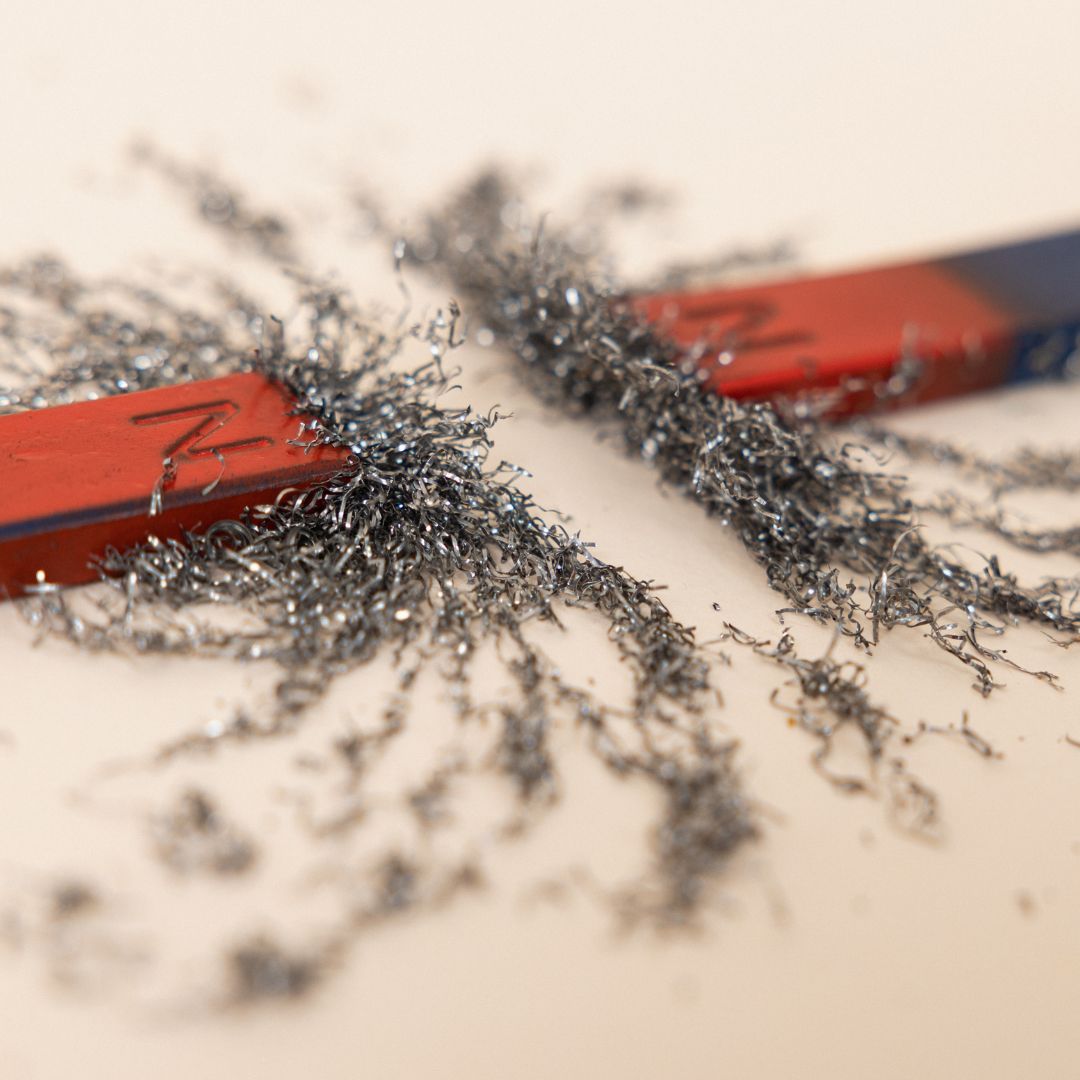PRAIRIE VIEW, Texas (September 27, 2023) — Dr. Sunil K. Karna, assistant professor of physics at Prairie View A&M University (PVAMU), was awarded $950,000 by the National Science Foundation (NSF), for his research project studying noncentrosymmetric magnets.
This is Dr. Karna’s first grant as principal investigator. He was awarded alongside co-principal investigators Kevin Storr, PhD., associate professor of physics at PVAMU; Pengcheng Dai, PhD., professor of physics at Rice University; and Doyle Temple PhD., professor of physics at Norfolk State University (NSU).
“This grant not only elevates our research capabilities but also reaffirms our commitment to academic excellence, innovation, and the development of the next generation of scientific leaders,” said PVAMU Vice President of Research & Innovation Magesh Rajan, Ph.D., P.E., MBA. “It is a testament to our dedication to making significant contributions to the forefront of knowledge and advancing the frontiers of science.”
In the world of solid-state materials, symmetry plays a pivotal role in determining their properties and behaviors. Centrosymmetric materials are those in which for every atom located at a specific position within the unit cell (x, y, z), there is an identical atom at (-x, -y, -z). This symmetry property gives rise to several well-understood characteristics of materials, making them essential in various applications.
However, Dr. Karna’s research focuses on the fascinating realm of noncentrosymmetric materials. These materials, in contrast to their centrosymmetric counterparts, break the symmetry rule, resulting in unique properties that have captivated the scientific community in recent years. These materials possess an inherent quirk that makes them particularly interesting — they have the potential to be harnessed for nanometer-scale quantum-information technology applications.

Sunil Karna, Ph.D.
Interest in noncentrosymmetric magnets has increased in recent years owing to their potential for future nanometer-scale quantum-information technology applications. The planned research will train the next generation of graduate and undergraduate students at PVAMU for neutron scattering measurements and data analysis. In addition, students will learn how to grow single crystals and basic laboratory skills in low-temperature physics.
For Dr. Karna, the funding came through at just the right time.
“I was really excited after hearing the news of the approved grant as we are preparing our students to be ready for novel materials synthesis and their studies to go past the silicon-based technology that has hit a limit in terms of making thinner, faster, and more energy-efficient devices,” said Karna. “These research projects could lead to critical advances that could shape future technology and quantum information science and pave the way for quantum computing,”
This funding will make way for PVAMU’s physics department to dive deep into the heart of noncentrosymmetric magnets, exploring their fundamental spin and lattice properties. To achieve this, the research team will employ the powerful neutron scattering technique, which is a non-destructive method to investigate the atomic and magnetic structures of materials at the nanoscale — enabling researchers to study the intricate spin arrangements of these materials.
One of the key strengths of this project is the opportunity to collaborate with other leading research institutions. The joint efforts by combining the strengths of PVAMU, NSU, and Rice will develop an internationally competitive program involving both the growth of novel complex materials and neutron scattering.
“This grant will help to establish stronger connections between researchers at PVAMU, NSU, and Rice University,” said Karna. “The research activity and education capacity will greatly improve through this research funding between HBCUs and R1 institutions. The implications of the research projects have the potential to be far-reaching and multi-faceted, supporting efforts across several initiatives, industries, and institutions. That includes paving the way for PVAMU to advance from its prestigious R2 research status to R1.”
By Jenna Craig

